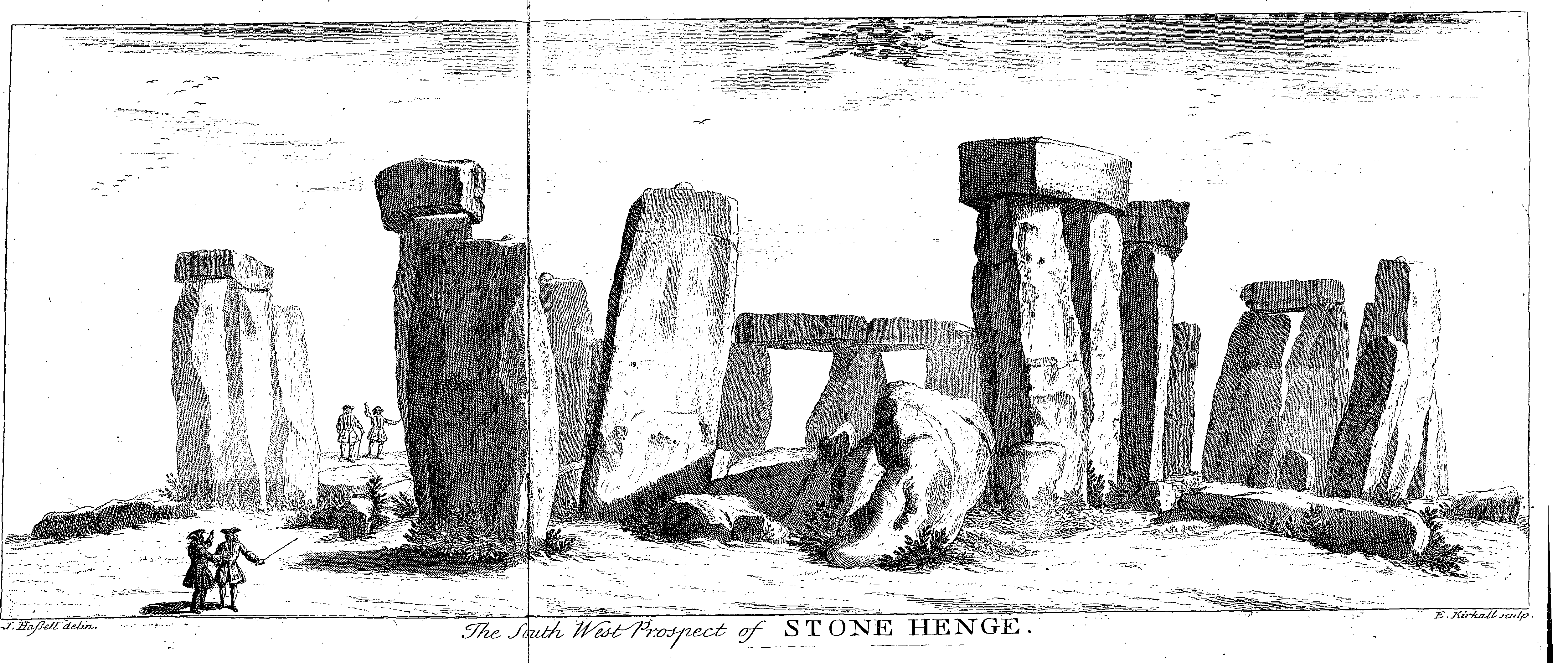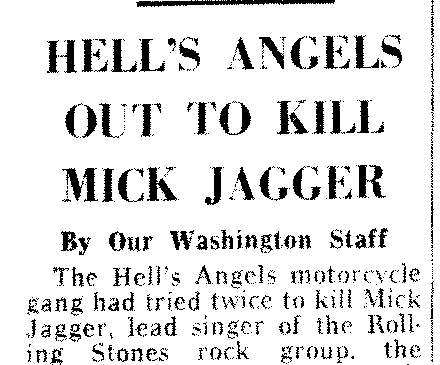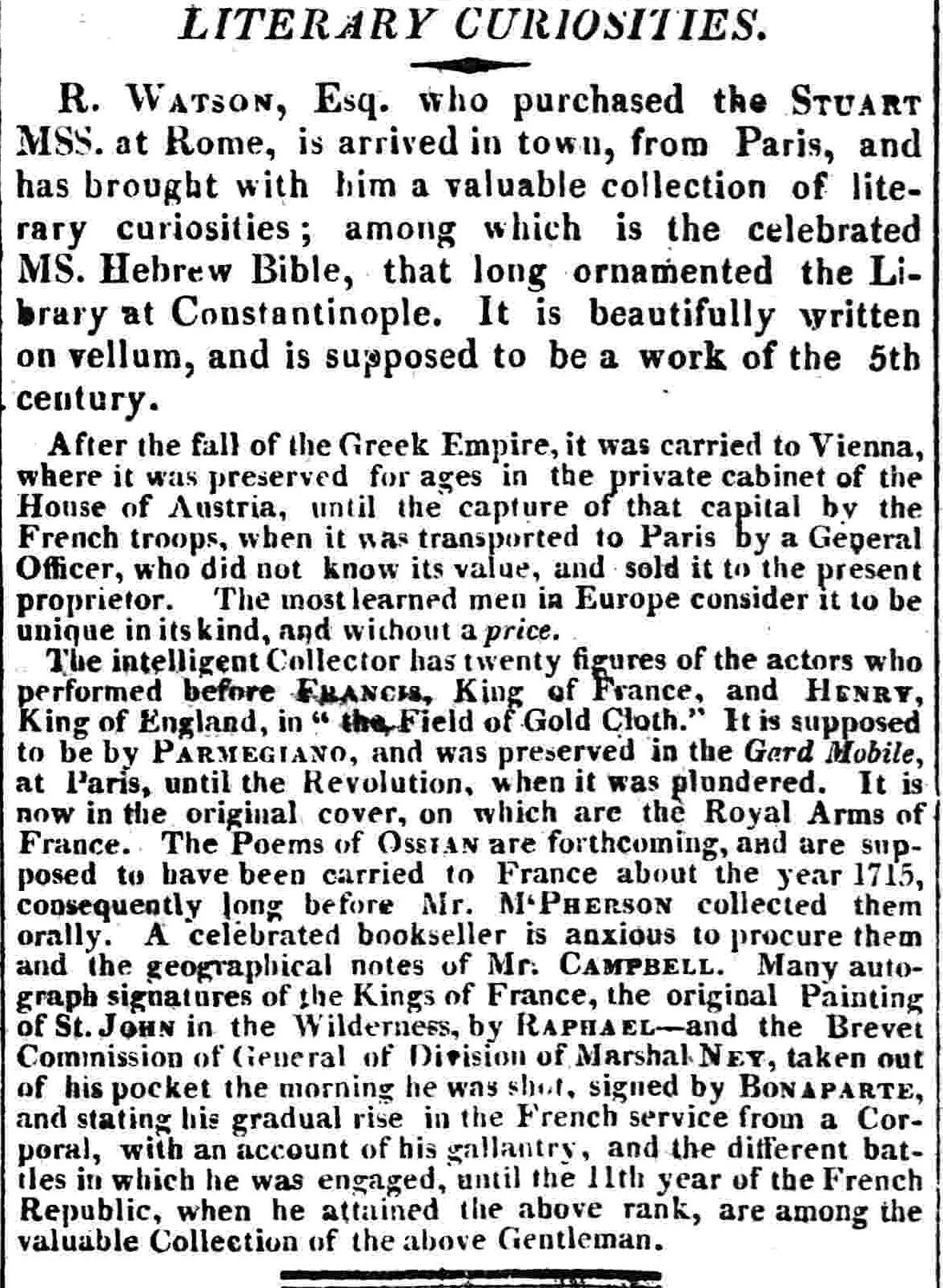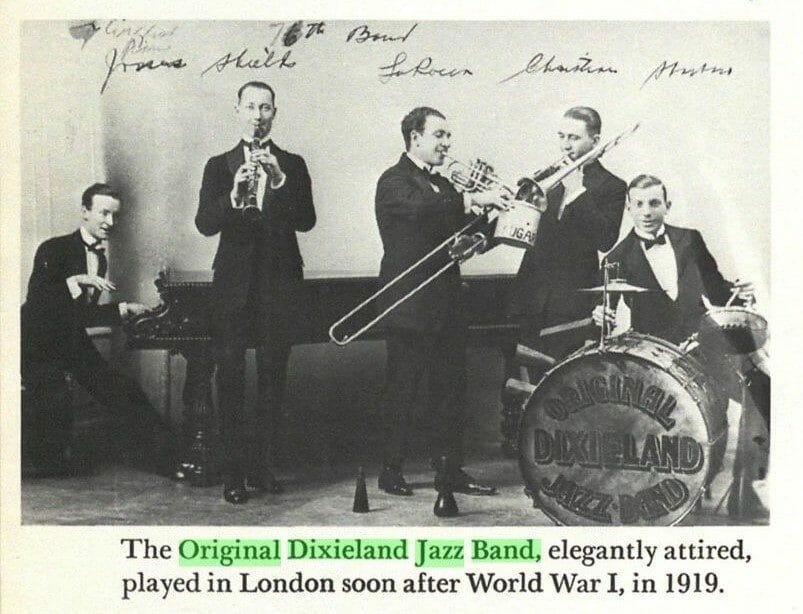On 31st October 1918, Stonehenge was gifted to the nation by local landowner Cecil Chubb. As has been widely reported in the media, English Heritage are running a series of projects and events to celebrate the centenary, including the fascinating recreation of photographs taken by visitors to the stones during the ‘50s, ‘60s and ‘70s in their ‘Then and Now’ Project.
Vicky Fielding
Happy 75th Birthday Mick Jagger!
Mick Jagger, famous rock singer in the iconic band the Rolling Stones, celebrates his 75th birthday today, 26th July 2018. I remember asking my mum excitedly when I was a teenager who she liked best: the Beatles or the Rolling Stones, thinking she would say the Beatles. She replied, “Beethoven of course!” and with a sigh I realised I wouldn’t be finding any memorabilia stashed away in a dusty box to take along to Antiques Roadshow.
The Stuart Papers: from Neglect and Oblivion to the Royal Archives, Windsor Castle
We know that the Stuart Papers were acquired by George IV when he was Prince Regent (1811-1820) following the death of Henry Benedict Stuart, Cardinal York, the final Jacobite heir, and that it was around this time they were moved from Rome back to the UK. They’re now housed in the Royal Archives, Windsor Castle. I decided to search through Gale Primary Sources, focusing particularly on newspapers and periodicals, to see if I could find out more about how the papers of the exiled Jacobite heirs returned to the UK, and how it has been reported in the press at that time, and since. The initial discovery of the Stuart Papers and their subsequent journey from Rome to Windsor Castle makes fascinating reading.
The Original Dixieland Jazz Band – Centenary of the first Jazz record
In New Orleans, Jazz began its history around 1895 with the cornetist Buddy Bolden, whom Adrian Troy called Jazz’s first great exponent.[1] Bolden was depicted by Michael Ondaatje in his 1976 novella Coming through Slaughter as a jazz pioneer, struggling with alcoholic psychosis. Writing in The Times in 1992, Clive Davis also named Bolden the first legendary New Orleans jazz figure – legendary in that unlikely tales surround his mythical status, such as that ‘on certain nights, his playing could be heard miles away.’[2] Unfortunately, no recordings of Bolden are known to exist and despite the allure of rumored cylinder recordings dating to 1894 we only have the likes of Ondaatje’s novella to evoke the sound of one of the world’s first Jazz icons.[3]




